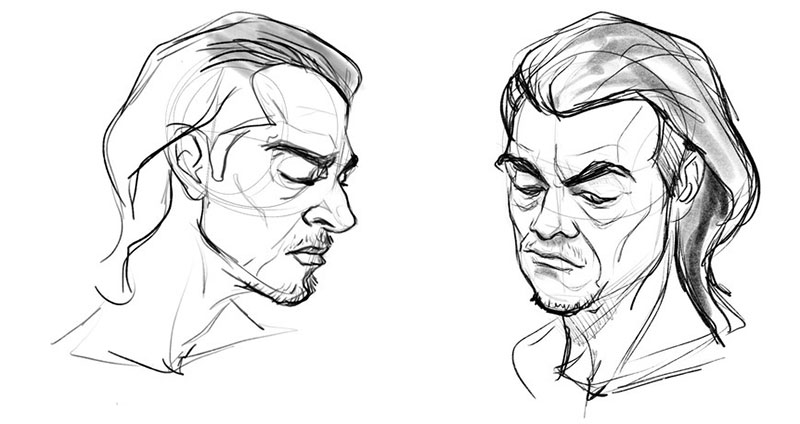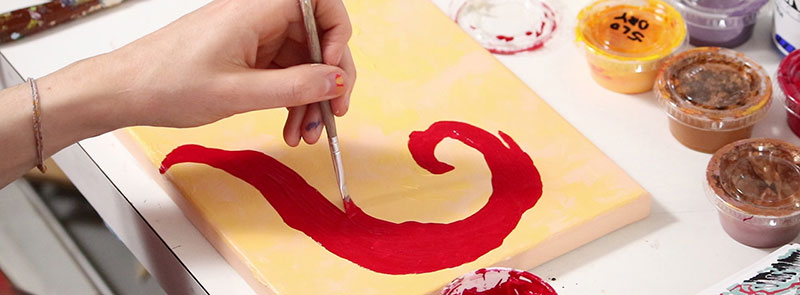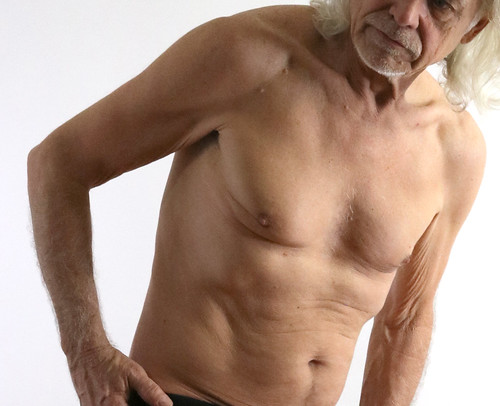See a drawing demo which explains the anatomy of the back while also showing pencil drawing techniques to achieve a convincing sense of realistic form.
- Watch the 4 min. version
- Watch the 80 min. version
Anatomical landmarks shown include the scapula, pelvis, centerline, the Posterior Superior Iliac Spine, and more.
Techniques for creating tone are shown using graphite powder, a white plastic eraser, a kneaded eraser, and a graphite stick on charcoal paper.
Demo led by Art Prof Clara Lieu.
Video Walkthrough
- Curvature of the centerline on the back.
- Don’t just outline the figure, draw inside and through the figure.
- Look for areas of compression in the muscles and fat.
- Block in a large “rug of tone” with the graphite stick
- The difference between charcoal powder and graphite powder.
- Graphite powder is incredibly messy.
- Smudge with your fingers and also your palm.
- Graphite powder allows for soft smooth areas and rougher marks.
- Reductive drawing technique: removing highlights with your eraser.
- White plastic eraser is great for very bold areas of highlights.
- Crisp edges vs. soft areas.
- There is a back and forth between adding and subtracting.
- Look for the reflected light in the figure.
- The back is a very subtle form, it’s challenging to draw for that reason.
- Look for where the skin stretches in the torso.
- Signs that you are almost finished with the drawing.
Prof Lieu’s Tips

It’s easy to think that the human figure is all smooth. Certainly that is true in some places on the figure, but often too much smoothness can give the figure a plastic feeling that feels unnatural.

You need the variety and textures to give your figure drawings a more naturalistic feel.
Art Supplies
- Kneaded Eraser
- Staedtler Mars White Plastic Eraser
- Graphite Powder
- Faber-Castell Woodless Pencil, 9B
- Masonite Drawing Board
- Strathmore Charcoal Paper
Muscles & Landmarks mentioned
- Centerline
- Deltoid
- Trapezius
Bones mentioned
- Scapula
- Pelvis
- PSIS (Posterior Superior Iliac Spine)
As a free educational source, Art Prof uses Amazon affiliate links (found in this page) to help pay the bills. This means, Art Prof earns from qualifying purchases.









